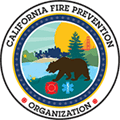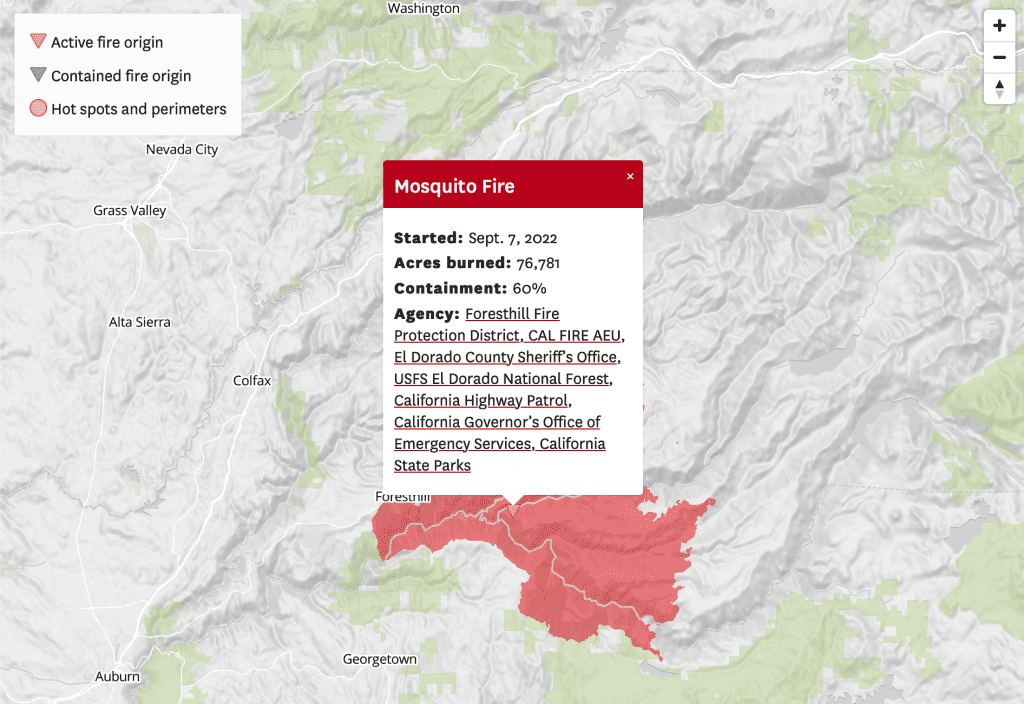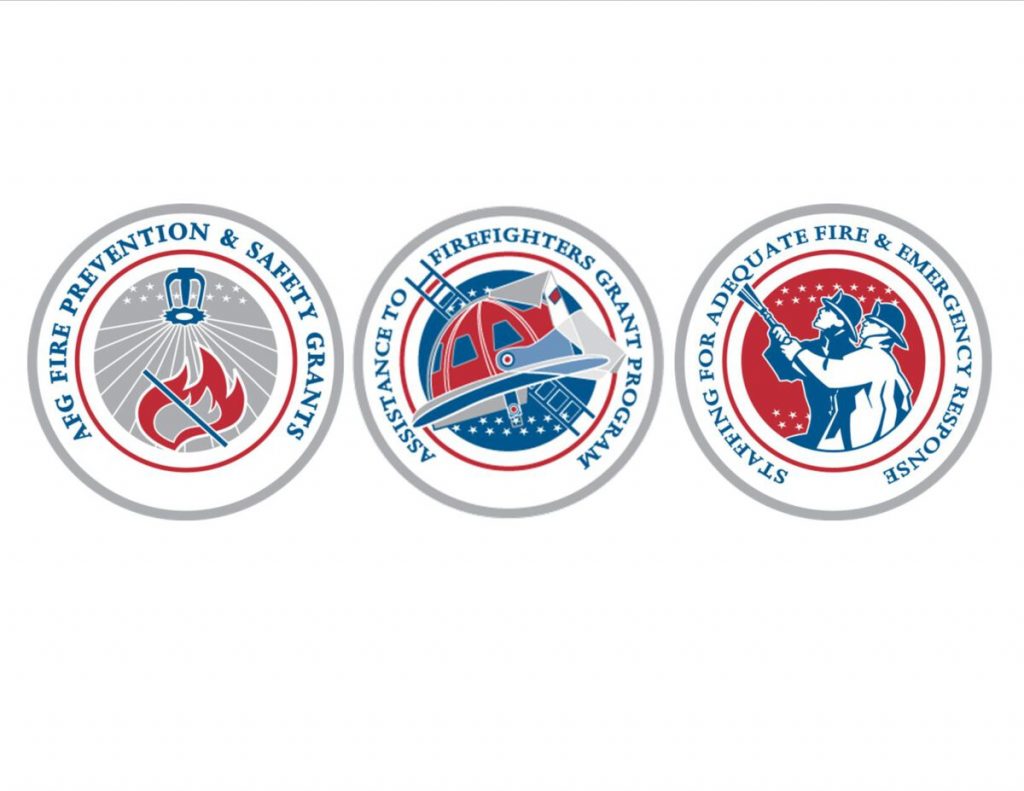Pet Poisoning
Common Things Could Kill Your Pet
Don’t let human foods and byproducts ruin your pet’s health
MySafe:California is full of pet lovers, and most of us own at least one or two furry friends. When any holiday rolls around, we get a little more diligent in making sure our furry, finned and scaled buddies are safe.
Our friends at the ASPCA (American Society for the Prevention of Cruelty to Animals) put together fantastic lists of safety tips for all kinds of holidays.
Simple steps to keep your pet healthy and safe
Let’s start with the most important information first. And that’s the ASPCA’s Animal Poison Control Center.
They’re available 24 hours a day, seven days a week.
If you think your pet may have ingested something poisonous, call 888-426-4435.
Common Toxins to Pets
The list of items that can poison your best furry friends is a long one. Again, we turn to the ASPCA for this comprehensive list of tips to help create a poison safe pet home.
- Foods to Avoid Feeding Your Pet
- Warm Weather Hazards
- Medication
- Cold Weather Hazards
- Common Household Hazards
- Holiday Hazards
- Non-Toxic Substances for Dogs + Cats
- Alcoholic beverages
- Avocado
- Chocolate (all forms)
- Coffee (all forms)
- Macadamia nuts
- Moldy or spoiled foods
- Onions, onion powder
- Raisins and grapes
- Salt
- Yeast dough
- Garlic
- Products sweetened with xylitol
- Animal toxins—toads, insects, spiders, snakes and scorpions
- Blue-green algae in ponds
- Citronella candles
- Cocoa mulch
- Compost piles and Fertilizers
- Flea products
- Outdoor plants and plant bulbs
- Swimming-pool treatment supplies
- Fly baits containing methomyl
- Slug and snail baits containing metaldehyde
Common examples of human medications that can be potentially lethal to pets, even in small doses, include:
- Pain killers
- Cold medicines
- Anti-cancer drugs
- Antidepressants
- Vitamins
- Diet Pills
- Antifreeze
- Liquid potpourri
- Ice melting products
- Rat and mouse bait
- Fabric softener sheets
- Mothballs
- Post-1982 pennies (due to high concentration of zinc)
- Christmas tree water (may contain fertilizers and bacteria, which, if ingested, can upset the stomach.
- Electrical cords
- Ribbons or tinsel (can become lodged in the intestines and cause intestinal obstruction—most often occurs with kittens!)
- Batteries
- Glass ornaments
The following substances are considered to be non-toxic, although they may cause mild gastrointestinal upset in some animals:
- Water-based paints
- Toilet bowl water
- Silica gel
- Poinsettia
- Cat litter
- Glue traps
- Glow jewelry
What To Do if Your Pet is Poisoned
- Stay calm – if you’re panicking you can’t think clearly, and you’ll need to in order to help your pet. Also, pets feed off our emotions and body language. If you’re panicked, you can stress out your pet.
- If you know what your pet ingested, bring it with you to the vet. Keep the container. This way your vet can have a list of ingredients.
- Collect, in a sealable plastic bag any material your pet may have chewed or vomited
If you choose to call the ASCPA’s Poison Control Center, have the following information ready:
- Species, breed, age, sex, weight of your afflicted pet
- Pet’s symptoms
- As much information as you have about what your pet ingested
- Product container and packaging
If your pet is seizing, unconscious or having difficulty breathing, bring him or her IMMEDIATELY to your vet or emergency veterinary clinic!
Pet First Aid Kits
If you’re in the market for a Pet First Aid Kit, we urge you to purchase one from the ASPCA (American Society for the Prevention of Cruelty to Animals) here. You’ll get a kickin’ first aid kit and be giving money to end animal cruelty. So that’s a win win!



